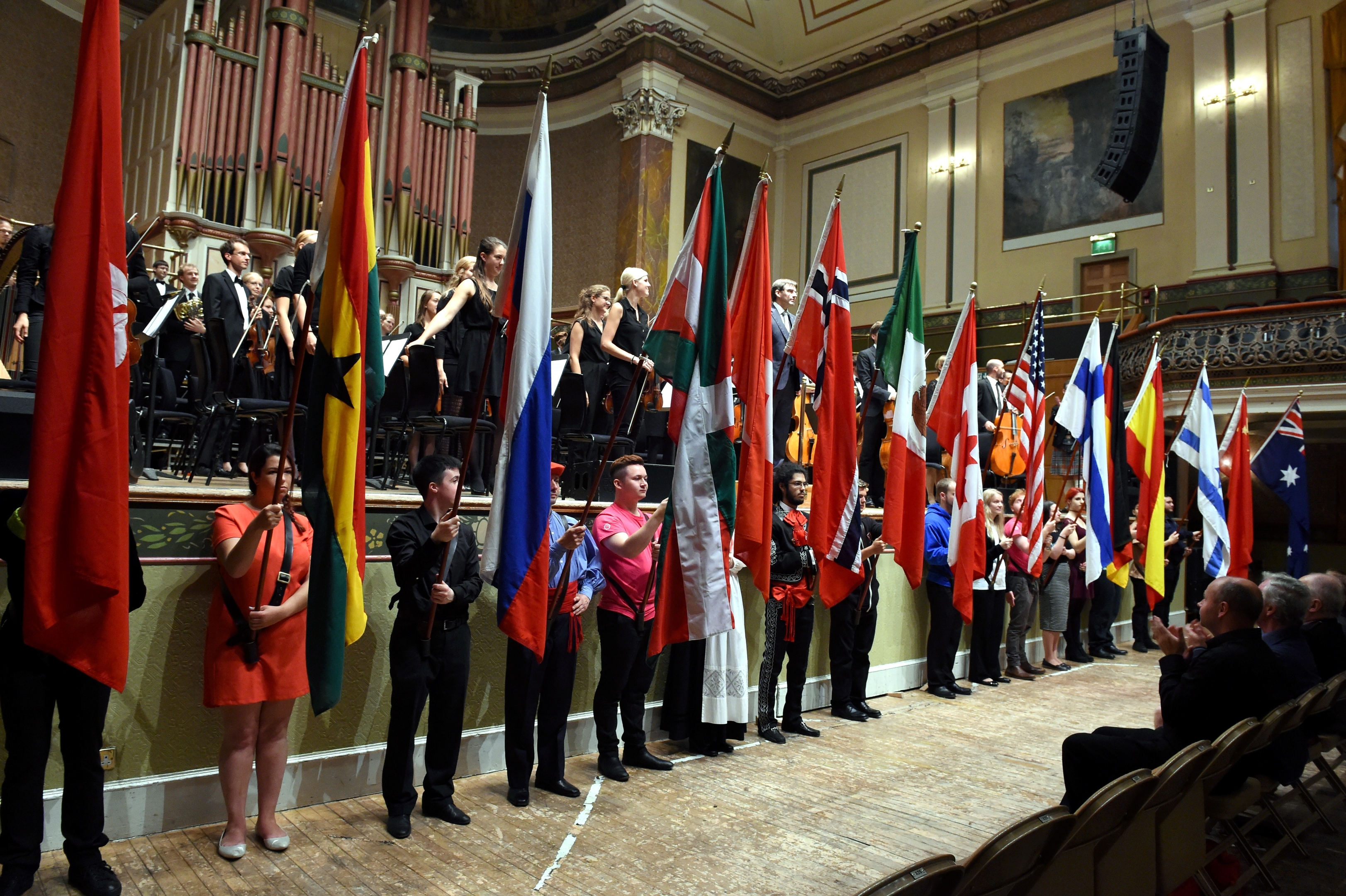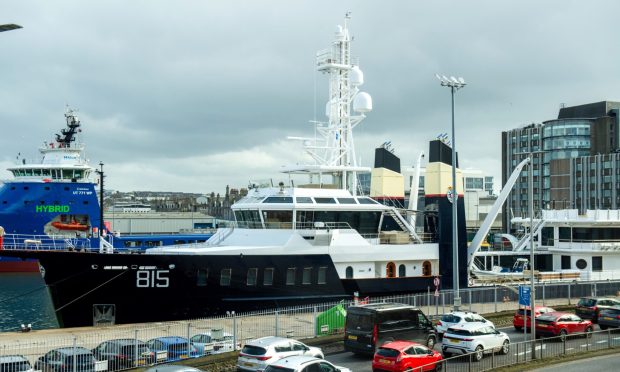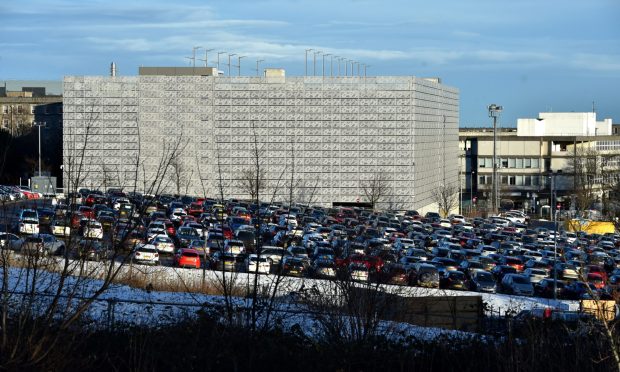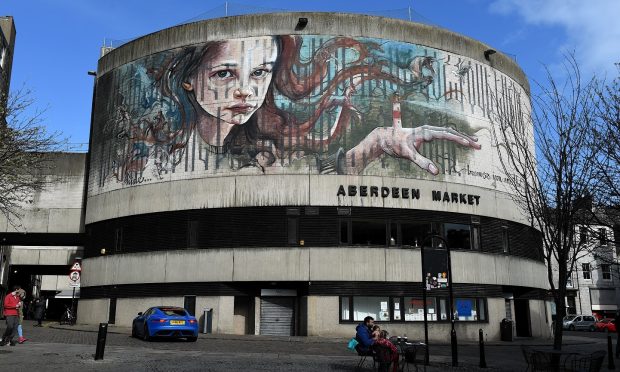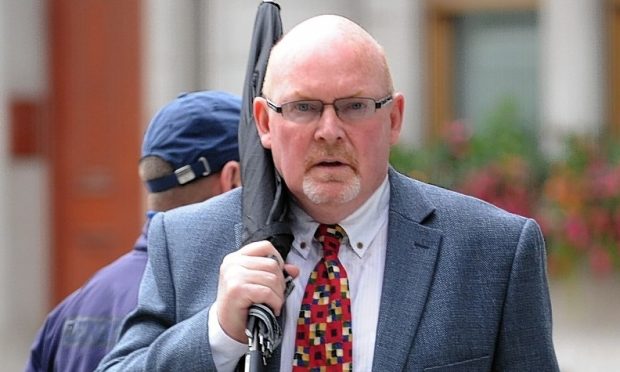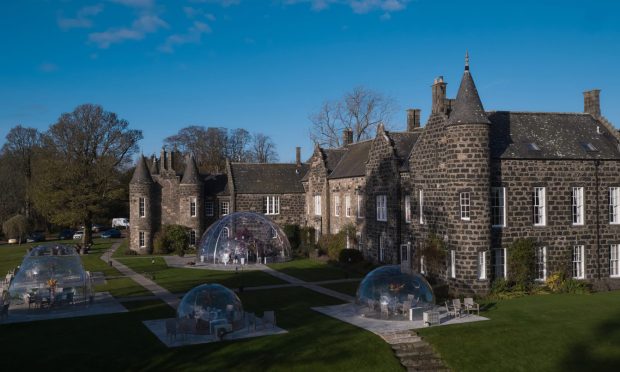Cash-strapped council chiefs have pulled the plug on financial support for the Aberdeen International Youth Festival – putting its survival in serious doubt.
For more than four decades, the event has attracted crowds of visitors to the north-east and hundreds of talented young performers from all across the globe.
But Aberdeen City Council’s education committee – meeting behind closed doors – unanimously agreed that the event should not receive financial support as part of the authority’s 2018/19 budget.
That will put a £150,000 hole in the budget of what organisers say is the oldest of its kind in Scotland – around 30% of what it needs annually.
AIYF chief executive Stewart Aitken it would be a “major challenge” to keep it going.
A final decision on whether or not to continue the backing will be made at the next meeting of the finance committee on December 1.
When asked if the festival could continue without direct funding from the local authority, Mr Aitken said last night: “I think it would be a major challenge.
“It would also be a major disappointment, especially in the Year of Young People, if our international young people’s festival, which is all about celebrating young people, would not be supported, especially as it is the only one of its type in Scotland and the biggest in the UK.”
He said the festival involved “a fantastic range of activity every year which brings a great benefit to the people of Aberdeen” – though he accepted that “in certain times of austerity, some decisions and recommendations have to be made which are not as popular”.
2018 will be the “Year of Young People” across Scotland and the committee approved a £100,000 fund for projects – from which the festival would be eligible to bid for a share.
The news of the potential loss of AIYF comes despite Aberdeen campaigning for the coveted title of city of culture 2025 after two previous failed attempts.
John Wheeler, convener of the education committee said the move had cross-party support and was taken “after serious consideration”.
“What we are trying to do next year, as it is the Year of Young People, is to make funding more widely available across the city for a broader range of cultural events.
“It’s important that we have a diverse a range of groups applying for this funding as possible.
“The International Youth Festival has over the years been a large part of the cultural calendar for Aberdeen.
“We are keen to continue working with the festival in a constructive way, and we are sure the youth festival will be able to adapt and attract funding from external sources.
“The new fund will have young people at its heart, being awarded and administered by them for the projects they want.”
Vice convenor Lesley Dunbar said funding for the current financial year would not be impacted.
The AIYF has already advertised its plans for next year’s festival, from July 27 to August 4.
She said: “A final decision will be made as part of the wider budget setting process of the full council early in 2018.
“However, we felt it was important to engage at the earliest opportunity with the AIYF to ensure the committee’s position is communicated and that adequate time is available for alternative funding options and business models to be explored by the festival’s leadership team for future years.”
THE HISTORY
Aberdeen International Youth Festival’s roots stretch back to Switzerland in the 1960s.
It was known as the International Festival of Youth Orchestras when it was first staged in St Moritz in 1969.
The event was designed to “promote international understanding”, by using music as a bond bringing diverse cultures together.
In 1973, the British Tourist Authority approached organisers about moving the event to the UK and a deal was struck to hold it in both Aberdeen and London for five years.
The event received such support in the Granite City that it was able to expand from showcasing only orchestral music to featuring dance, jazz and choral music.
As its popularity grew, guest conductors were flown in across subsequent years and, in 1979, it took place entirely in the north-est for the first time.
Notable people to have appeared at the festival include American composer Aaron Copland, Aberdeenshire musician Dame Evelyn Glennie, violinist Nigel Kennedy and conductor Julian Lloyd Webber.
In 1981, TV host Noel Edmonds compered a fireworks ceremony at Hazlehead Park as part of the AIYF.
